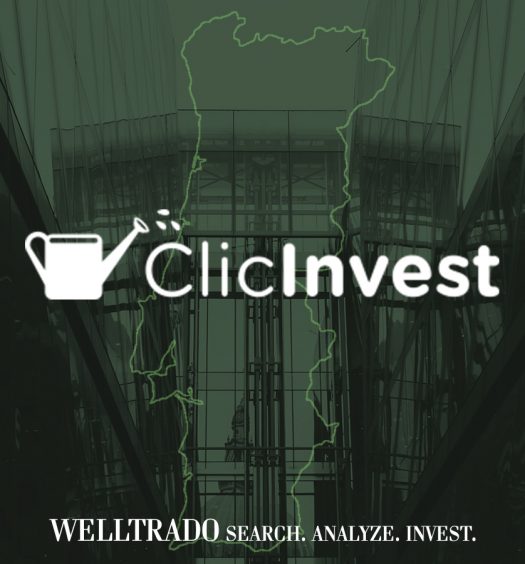Gender inequality still remains to be an issue in the investment world. The majority of investors are men, which is partially explained by the difference in education, psychology and living conditions. On average, women earn less than men, their career suspends or even stops when they give birth to children. Nevertheless, some of them have great financial skills and reach success. Today, we will continue the series of articles about the investing principles of the great people with stories about female investors.
Some say…
Women dealing with business and finance are often treated with indulgence in a patriarchal society. In fact, such stereotypes as indecision, meekness and emotionality contradict the leadership and ability to deliver good results of successful female investors who prove that one can achieve a lot regardless of the gender. Besides, some qualities considered to be typically feminine may become a solid ground for it.
Frugality
Name: Hetty Green
She was nicknamed “the Witch of Wall Street”. When she died in 1916, she was the richest woman in her country. Hetty managed to multiply her inherited $ 5 million 20 times investing for over half a century. She lived a thrifty life, earned 6% every year and doubled the wealth every 12 years. She made money mainly on bad debts and depreciated government bonds, and preferred stocks only during the times of financial panic.
Frugality is a necessary quality for both the beginning investors and experienced players. Concerning the P2P segment, this principle can mean the maximum return from the opportunities. In particular, it is worth paying attention to the autoinvest function, which keeps funds working all the time. As for minimizing risks, traditional advice for P2P investors is to diversify assets and invest with the maximum buyback guarantee.
Desire for comfort
Name: Alicia Munnell
Author of the bestselling book Managing Your Money in Retirement, economist, a supporter of the 401(k) programme and automation of retirement savings (born in 1942). She was one of the first to notice that people do not save enough money to enjoy retirement or afford a trip, for example to Paris, and that most investors have no idea how much they should save or spend.
The issue is still significant today, especially for women. According to statistics, the amount they accumulate in the pre-retirement age is four times less than that of men (Chartered Insurance Institute, UK). It is noteworthy that last year, 46% of P2P investors surveyed by Robo.cash recognized the main goal of their investment as preparing for retirement (despite their young age at the moment). Thus, a lot of P2P market players are motivated by their future comfort. As for the present, the optimal choice for the comfort seekers can be the options with minimum manual work - automatic investments. In the busy modern life, such solutions may become a determining factor when choosing an investment option.
Romanticism
Name: Mary Meeker
A supporter of active investments, analyst of Morgan Stanley in 1990-s. She believes that in order to achieve success, it is important to think about the significance of an idea and possibility to change the world, and not about the profit. She topped the list of the most successful female investors according to Forbes, betting on Internet companies (Facebook, Twitter, Snap). Mary invests in high-risk startups and participates in the life cycle of each of them starting from the project phase.
The ability to see the essence of things and consider the details has helped many investors to make a fortune. Investing in P2P, it is important to understand the ability to influence the lives of people from different parts of the world. P2P investors who help people underserved by banks from developing countries can receive higher returns compared to the more stable developed markets. Besides, taking part in alternative lending, almost any modern P2P investor helps the further development of financial technologies. Today, namely P2P lending is considered to be one of the main “locomotives” of fintech.
Cautiousness
Name: Geraldine Weiss
The first woman in the world to open an investment advisory firm in the 1960s. A supporter of investing in blue chips. At the age of 40, Weiss started issuing a financial analytics bulletin signing as G. Weiss. For 11 years, the readers could not realize that its author was a woman. This allowed her to overcome the resistance of the conservative financial world of the 20th century, which recognized only men, and reach high earnings. Her colleagues called her “The Dividend Detective” because of a non-standard investment logic. According to her, one cannot rely on stock quotes, as stocks often become the object of speculation, and should trust the indicator of dividend yield. Weiss believed that the true money is not the profit, but the dividends. They are the highest standard of “blue chips”, which helps to avoid unnecessary risk.
Caution is important at different stages of investing and with various tools. As we already mentioned, it is worth considering more than one platform and different types of additional income. Thus, according to a survey by Robo.cash, 64% of investors deal with at least 5 P2P platforms at the same time. 25% use stocks for passive income, and 21% prefer to combine P2P and real estate investments. The rest of them invest in business, bonds and other tools using the famous principle “don’t put all eggs into one basket”.
It is worth noting that the investment choice should be reasoned not by the expected high returns, but analytics too: history and reputation of the company and news of the market.
Insight
Name: Ho Ching
A Singaporean financier, chief executive officer of Temasek Holdings, the state investment company. She is called “elusive and reclusive” for her restraint in demonstrating her own investment experience and avoiding publicity. However, this did not prevent Ho Chin from becoming one of the most influential women in the world according to Forbes in 2017. She achieved a record portfolio value of $313 billion of a historically male company through diversification of funds around the world. She prefers to invest in innovations, agribusiness and science (for example, in face recognition technology).
Speaking about the P2P market, it is expected to grow to $1 trillion by 2025, according to positive forecasts. Accordingly, the most insightful investors may be those who decide to invest in this segment as early as possible.








